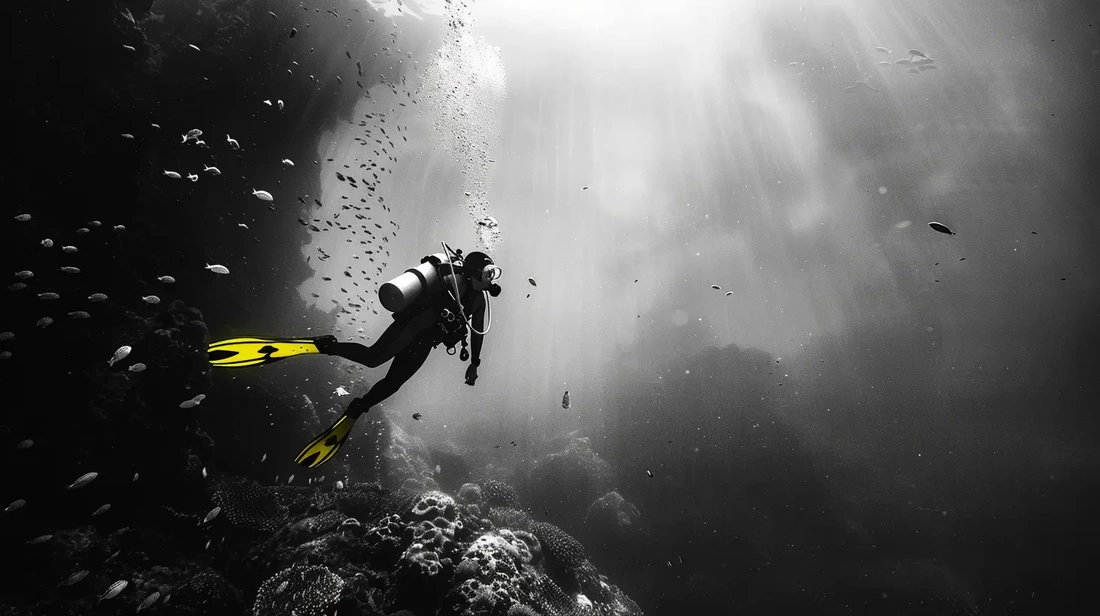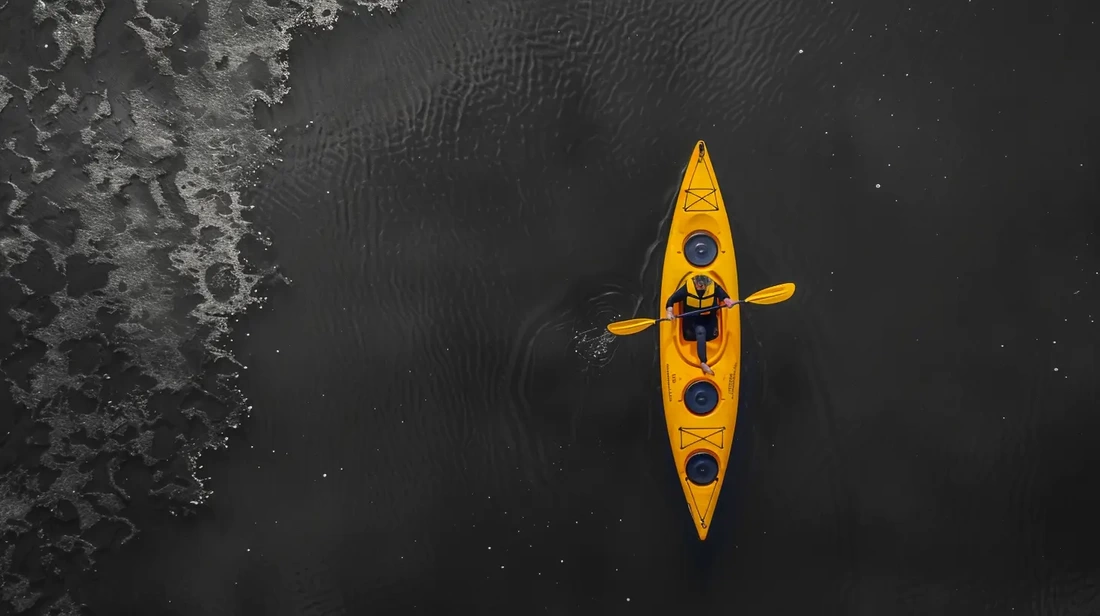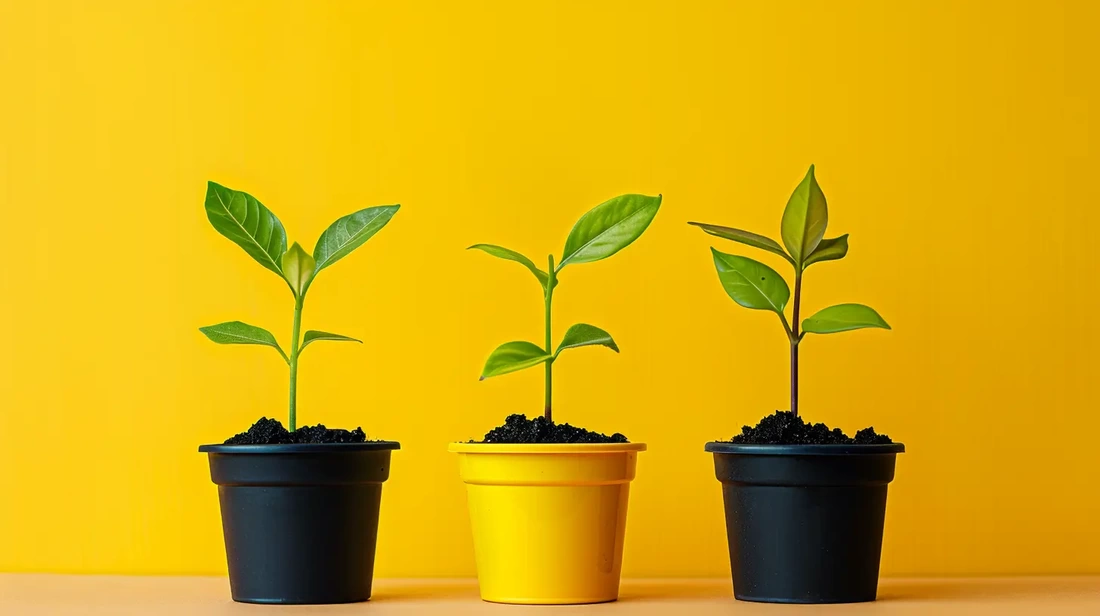Sustainable Marketing in Cayman & BeyondNestled in the shimmering embrace of the Caribbean Sea, the Cayman Islands are a beautiful and fragile paradise. Like other island nations around the world, they are at the forefront of a vital sustainability movement. With the islands' low elevation and the economy's heavy reliance on tourism, sustainability is not merely a choice—it is an existential necessity. The beauty that draws countless visitors each year, from the pristine beaches to the lush coral reefs, is the same beauty that must be vigorously protected. In this blog post we explore the importance of sustainability when it comes to marketing in Cayman and beyond. The Stakes Are High: Climate Impact on CaymanRising Seas: The Economic Risk to Coastal Business It's because of Cayman's position on the front lines of climate change, that embracing sustainability is a must. More than most, Caymanians understand the complex relationship between nature and their livelihoods and wellbeing. Businesses in the Cayman Islands are increasingly facing the economic risks associated with rising sea levels. As the waters edge closer, the threat to infrastructure, livelihoods, and the islands' unique way of life becomes more pronounced. The statistics are alarming: scientific projections indicate that sea levels could rise by up to two feet by 2060, which would significantly impact low-lying areas across Cayman and other island nations. This scenario demands a proactive stance from businesses, one where sustainability is not just a buzzword but a foundational element of their existence and marketing strategy. The Hurricane Season and Its Business Implications The hurricane season brings with it a sense of dread. To make things worse, these natural disasters have become more destructive over the years. Hurricane seasons have become longer and storms stronger. The business implications are profound: insurance costs skyrocket, and the potential for disruption or even devastation looms large. Here, sustainability takes on a new dimension—resilience. Companies are increasingly incorporating sustainability into their business models, creating contingency plans that factor in extreme weather conditions, and adopting marketing narratives that emphasize their commitment to resilience and environmental stewardship. One exemplary practice is the investment in renewable energy sources, such as solar panels, which not only provide an alternative to the traditional, vulnerable power grid but also reduce the carbon footprint—a message that resonates well with the market's growing segment of eco-conscious travelers. Environmental experts have called for it to become easier for Caymanians to install solar panels in their own homes. Sustainability and TourismThe Nexus Between Nature's Health and Cayman's Wealth The tourism sector, which makes up a staggering 70% of the Cayman Islands' GDP, is intrinsically tied to the health of the local environment. Visitors flock to the islands for their natural beauty, seeking experiences that are increasingly endangered by environmental threats. The economic rationale for protecting these natural assets is clear and compelling. According to a recent study, tourists are willing to pay more for sustainable travel options, indicating that sustainability can indeed be a lucrative marketing angle. Eco-tourism: Preserving the Underwater Wonders The Cayman Islands are a world-renowned destination for scuba diving and snorkeling, thanks in large part to their vibrant underwater wildlife and stunning coral reefs. However, these ecosystems are fragile and under threat from climate change and human activity. To address this, some local companies are pivoting towards eco-tourism, an approach that respects and preserves the natural environment while still providing memorable experiences for visitors. Efforts include marketing campaigns that highlight the islands' commitment to conservation, such as the protection of marine parks and the implementation of strict diving regulations to minimize human impact on the reefs. The message is clear: sustainable tourism is not just about the present enjoyment but about ensuring that these underwater wonders remain for future generations to cherish. When it comes to marketing for resorts and other tourism related businesses, it's not just the right thing to do, sustainability sells! Here are some statistics you should keep in mind when thinking about aligning your business to sustainability messaging and practices: Over 80 percent of global travelers said that sustainable tourism was important to them and that they were willing to adopt sustainable travel incentives. - Statista The sustainable travel market in the business travel & tourism sector is expected to grow by $335.93 billion during 2023 - 2027. - Travel Perk 73% of travelers are more likely to choose accommodation providers that advertise their sustainability practices. - Avantio Caymanians' Perspective on SustainabilityPublic Opinion on Climate Change and Environmental Shifts The residents of the Cayman Islands are acutely aware of the importance of sustainability and their environment's changes—changes that are not just recorded by instruments but felt in their daily lives. Recent surveys reveal telling statistics: approximately 90% of Caymanians have observed coastal erosion and beach loss, while about 80% have noticed hotter temperatures and altered rain patterns. These observations are not mere anecdotes but are backed by scientific data pointing to the broader impacts of climate change. This is why the environment is one of the most important issues impacting Caymanians today, a fact that was backed by recent focus groups we ran with locals. Marketers in the Cayman Islands are thus tasked with a crucial role—translating these environmental concerns into compelling campaigns that mobilize action and foster sustainable choices. Grassroots Movements and Initiatives The awareness and concern evident among Caymanians have given rise to grassroots movements dedicated to environmental preservation and sustainability. From beach clean-ups to coral reef restoration projects, the community's engagement is both a source of hope and a powerful message. Businesses are tapping into this collective spirit, often partnering with local initiatives to demonstrate their commitment to the islands' future. These partnerships are not only a boon for the environment but also resonate deeply with consumers, creating a brand association with care, commitment, and community. Sustainability as a Business ImperativeThe Role of Local Businesses in Combating Climate Change Local enterprises are at the heart of the Cayman Islands' fight against climate change. Their role is two-fold: to mitigate their own environmental impact and to lead by example in the wider community. Small and medium-sized businesses, in particular, are adopting sustainable practices such as reducing waste, conserving water, and minimizing their carbon footprint. These actions are not only environmentally significant but also serve as a cornerstone of their marketing strategies, differentiating them in a competitive market. Sustainable Innovations: Cayman's Path to Resilience Innovation is key to sustainability in the Cayman Islands. Whether it's through developing new eco-friendly products or streamlining operations to reduce environmental impact, businesses are finding inventive ways to be sustainable. These innovations are becoming a focal point in marketing campaigns, showcasing the businesses as forward-thinking and responsive to the needs of both the planet and the populace. By embracing sustainable innovations, the Cayman Islands can pave the way toward a more resilient and environmentally secure future. Marketing Strategies for a Sustainable FutureCommunicating Sustainability: Marketing That Matters In the era of climate awareness, the way companies communicate their commitment to sustainability is as crucial as the efforts themselves. Marketing that highlights a company's environmental initiatives can significantly influence consumer behavior. An example is the use of storytelling in marketing, where a business shares its journey towards reducing its carbon footprint or protecting local wildlife. This narrative is a powerful tool, with research showing that consumers are more likely to engage with brands that have authentic sustainability stories. Digital Outreach: Engaging the Eco-conscious Traveler Digital marketing has become a linchpin for reaching the eco-conscious traveler. Through targeted online campaigns, social media engagement, and interactive content, businesses in the Cayman Islands can connect with a global audience interested in sustainable travel options. Analytics from digital marketing campaigns provide insight into the growing demand for eco-friendly tourism, driving businesses to further tailor their offerings to meet this demand. Eco-Conscious BrandingBuilding a Brand that Reflects Cayman's Sustainability Ethos The essence of a brand is what it stands for, and in the Cayman Islands, a commitment to sustainability is becoming an essential part of the brand identity for many companies. This goes beyond logos and taglines; it's about embodying the principles of environmental stewardship in every aspect of operations. Success Stories: Businesses That Lead by Example Success stories abound in the Cayman Islands, where businesses have turned sustainability into a competitive advantage. One notable example is a resort that implemented a comprehensive recycling program and saw a significant reduction in waste, coupled with an increase in guest satisfaction scores. Such stories are shared through marketing channels as proof that sustainability and profitability can go hand in hand. ESG - Green Investment in the Cayman IslandsThe Rise of Green Finance and Investment Thankfully, green finance is burgeoning in the Cayman Islands as well as globally, with investments flowing into projects that promise both environmental benefits and financial returns. Green bonds, sustainable funds, and eco-friendly real estate developments are attracting investors who understand that resilience is key to long-term profitability. The marketing of these investment opportunities focuses on their dual benefit, often citing statistics that indicate a strong performance of sustainable indexes compared to traditional ones. Sustainable Investments: Market Trends and Opportunities The market for sustainable investments in the Cayman Islands is ripe with opportunities, as the island's considerable financial sector starts to pivot toward more ESG friendly initiatives. Marketing these opportunities effectively means highlighting their potential for positive impact alongside financial gain. With more investors looking to make a difference with their dollars, the focus is on investments that contribute to the islands' sustainability goals, such as renewable energy projects and eco-friendly tourism developments. Green bonds play an increasingly significant role in the market, with global green bond issuance reaching a record high of US$351 billion in the first six months of 2023, according to data compiled by Bloomberg. -ICLG Digital Marketing for SustainabilityThe Role of Social Media in Promoting Environmental Awareness Social media has become a vital channel for raising environmental awareness in the Cayman Islands. Through compelling content and interactive discussions, businesses and organizations can spread the message of sustainability far and wide. Marketers are tapping into the power of social media influencers, viral campaigns, and engaging content to bring attention to the islands' environmental challenges and the efforts being made to address them. How Marketers Can Drive Sustainable Change Marketers have a unique opportunity to drive sustainable change in the Cayman Islands. By crafting campaigns that are not only persuasive but also informative and inspiring, they can play a pivotal role in the islands' transition to a sustainable future. The challenge is to make sustainability a part of the islands' brand, ingrained in the identity and values of every business and individual. A Call to Action for Sustainability in Cayman Marketing The fusion of sustainability and marketing in the Cayman Islands is more than a strategic move; it is a call to action. As the islands face the realities of climate change and ecological degradation, the need for a sustainable approach to business and life becomes increasingly clear. This article has highlighted the critical role of marketing in promoting sustainability, demonstrating that a commitment to the environment is not just ethically sound but also economically wise. Sustainability & Marketing FAQWhy is sustainability important for Cayman? Sustainability is crucial for the Cayman Islands as it safeguards the natural environment crucial for tourism, their main economic driver, and protects the community from climate change impacts. How does sustainable marketing benefit the Cayman Islands? Sustainable marketing in the Cayman Islands attracts eco-conscious visitors, promotes long-term economic growth, and fosters a positive global reputation for environmental responsibility. What are some examples of eco-friendly practices for businesses in the Cayman Islands? Cayman businesses are going green by implementing energy-efficient operations, utilizing sustainable materials, and engaging in local environmental conservation efforts. Can sustainability improve the profitability of businesses in the Cayman Islands? Yes, sustainability can boost profitability through cost savings on resources, enhanced brand image, and appeal to the growing market of environmentally aware consumers. What role does the community play in the Cayman Islands' sustainability efforts? The community is integral, driving grassroots sustainability initiatives and supporting policies and practices that preserve the islands' natural resources. How can individuals contribute to sustainability in the Cayman Islands? Individuals can contribute by adopting eco-friendly habits, supporting sustainable local businesses, and participating in community-led environmental programs.
0 Comments
Leave a Reply. |
AuthorsAll blog entries are written by Bottom Line Marketing team members and guest bloggers. Archives
June 2024
Categories
All
|
|
Bottom Line - Cayman Marketing Agency
16 Sunrise Blvd, George Town, Cayman Islands
Marketing Blog |
DIGITAL MARKETING SERVICES
|
SPECIALTIES |
Follow Us
|
© COPYRIGHT 2024. ALL RIGHTS RESERVED | PRIVACY POLICY & TERMS AND CONDITIONS.








 RSS Feed
RSS Feed
